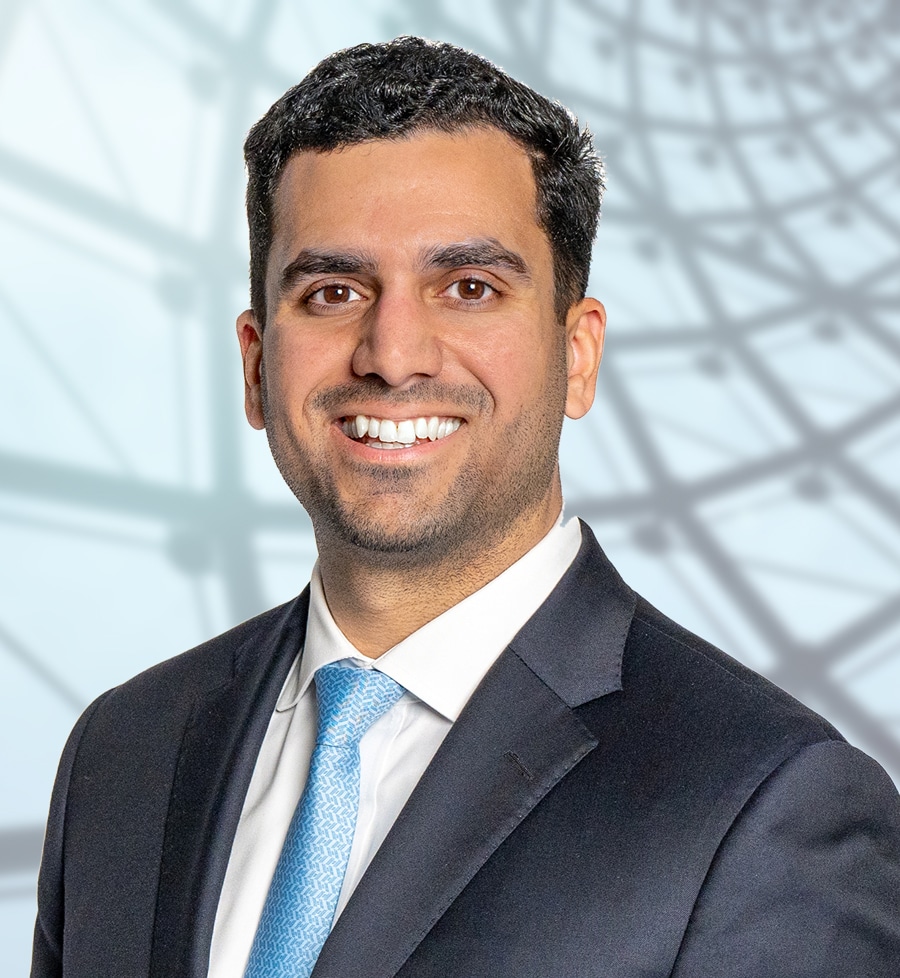
They’re both taxed, so which is better, a Roth IRA or a Traditional IRA? Well, it depends.
I’m regularly asked whether I think a Traditional or Roth is the ‘better account’. My answer is, as with most financial planning questions, it depends. The general rule of thumb is to compare your tax rate when making contributions versus your anticipated tax rate when you intend to take distributions. If you’re a high earner now, it may make sense to decrease your taxable income and contribute to a Traditional 401(k) or IRA and reap the immediate tax savings. Alternatively, if you’re early on in your career or in the middle of a career switch and your income is lower, it may make sense to pay taxes now and allow your funds to compound tax-free in a Roth.
It’s worth noting that these decisions should be regularly reviewed. Even if your income remains the same, tax laws change and many contribution limits and phase-outs adjust annually.
Lastly, it’s important to keep in mind potential planning opportunities. A high earner who proficiently saves may find themselves with a substantial balance in their pre-tax retirement account. Traditional IRA’s and 401(k)s have Required Minimum Distributions (RMD) that begin at age 73 (75 if born on or after 1960). These RMDs could cause a retiree’s income to increase enough to bump them into a higher tax bracket and even potentially affect their Medicare Income-Related Monthly Adjustment Amount (IRMAA). Fortunately, given enough time to plan, a pre-retiree in this scenario could potentially benefit from strategic Roth conversions.
If you have any questions about retirement savings, our financial planning process or how we partner with your other trusted advisors (accountants, attorneys, etc.), please don’t hesitate to reach out. Call 203.730.5036 or email jdiaz@raymondjames.com
Disclaimer
Certified Financial Planner Board of Standards Inc. owns the certification marks CFP®, CERTIFIED FINANCIAL PLANNER™, CFP® (with plaque design) and CFP® (with flame design) in the U.S., which it awards to individuals who successfully complete CFP Board’s initial and ongoing certification requirements.
Raymond James financial advisors may only conduct business with residents of the states and/or jurisdictions for which they are properly registered. Therefore, a response to a request for information may be delayed. Please note that not all of the investments and services mentioned are available in every state. Investors outside of the United States are subject to securities and tax regulations within their applicable jurisdictions that are not addressed on this site. Contact your local Raymond James office for information and availability.
Links are being provided for information purposes only. Raymond James is not affiliated with and does not endorse, authorize, or sponsor any of the listed websites or their respective sponsors. Raymond James is not responsible for the content of any website or the collection or use of information regarding any website’s users and/or members.
Securities offered through Raymond James Financial Services Inc. (Member FINRA/SIPC), marketed as The Wealth Group Financial Advisors and are not insured by any bank insurance, the FDIC or any other government agency, are not deposits or obligations of the bank are not guaranteed by the bank, and are subject to risks, including the possible loss of principal. Investment advisory services offered through Raymond James Financial Services Advisors, Inc. The Wealth Group and The Wealth Group Financial Advisors are separately owned and operated and not independently registered as broker-dealers or investment advisers.
Raymond James Registered Branch Address:
126 North St.
Danbury, CT 06810
203-830-2009
FINRA Broker Check
Raymond James Privacy Notice
Legal Disclosures | Raymond James



